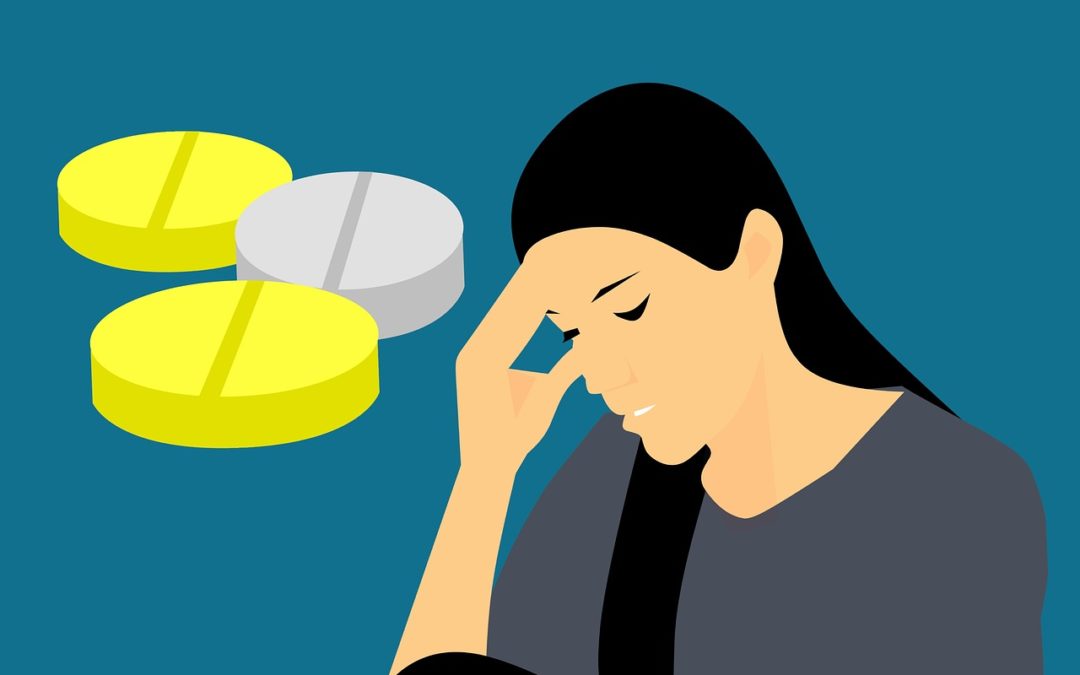Concussions are considered a mild traumatic brain injury (TBI). A person can get a concussion at any age, depending on the severity of the blow to their head. A concussion can also form from rapid back-and-forth movement, like from a car accident. Although they are not typically considered life-threatening, concussions can leave a lasting impression and potential life-long impairment.
The impact of a mild brain injury like a concussion can last much further than you might realize. Keep reading to discover more about the common symptoms of concussions and other brain injuries, how they can affect your life, and how to seek concussion treatment.
About Concussions and Other Brain Injuries
While some brain injuries do occur pre-birth, or are hereditary, congenital, or degenerative, concussions and other TBIs are categorized separately. This is because these types of injuries cause specific changes to the brain’s neuronal activity.
Brain injuries like concussions can happen at any time of life. For many, car accidents, sports injuries, workplace injuries, and falls are some of the most commonplace reasons. However, these types of injuries can easily occur from assault like domestic violence or abusive head trauma. It’s important to check-in with your doctor as soon as possible if head trauma has occurred.
When a concussion happens, the brain experiences rapid movement, bouncing between the hard exterior of the inside of the skull. This collision damages brain cells, leading to chemical changes and cognitive dysfunction. This can even lead to other severe symptoms like traumatic brain injury, anoxic brain injury, non-traumatic brain injury, stroke, or brain cancer. While many experience primary symptoms directly after a concussion, the brain could actually require even more time to recover fully. Recovery from a mild traumatic brain injury means full repair of damaged brain neurons and cognitive dysfunction symptoms.
How a Concussion Can Affect Your Life
The most common symptoms of a concussion are headache, nausea or vomiting, and confusion. You may feel dizzy or lightheaded, have issues balancing, or even temporarily lose consciousness. Blurred or double vision, ringing in the ears, as well as light and sound sensitivity is also common. You should see a doctor right away if you think you have sustained a concussion or brain injury.
Concussions can also have a long-term impact on your brain. You may notice problems with brain fog, memory, attention, or forgetfulness. Traumatic brain injury can also impact sleep, concentration, irritability, and worsen mood disorder symptoms. Executive function is often impacted long-term by concussions and other acute traumatic brain injuries. As a result, it’s important to address persistent cognitive deficit issues in order to make a full recovery.
Seeking Concussion Treatment
Concussion treatment options like Cognitive Brain Training are designed to remediate the long-term cognitive issues that brain injuries create. This type of treatment program utilizes a Four-Pillar Cognitive Remediation Platform specific to each patient’s cognitive processing needs. By rebuilding neurological pathways between the brain and the body, cognitive deficits and dysfunction due to brain injury are improved through capacity-building neuroplasticity for improved long-term function. Contact The Hartman Center for more information.
